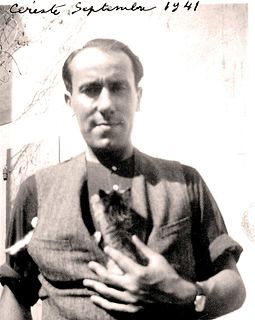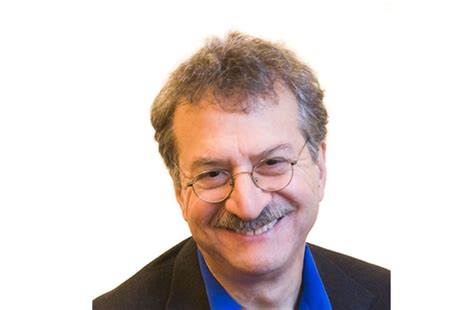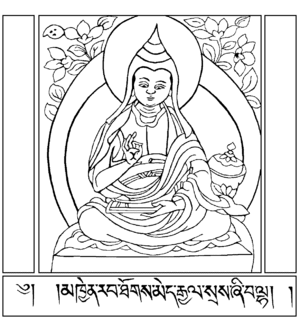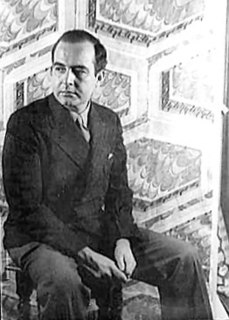A Quote by Rene Char
To be a poet is to have an appetite for a certain anxiety which, when tasted among the swirling sum of things existent or forfeit, causes, as the taste dies, joy.
Related Quotes
[Necessity is] the sum of all things, which being now existent, conduce and concur to the production of that action hereafter, whereof if any one thing now were wanting, the effect could not be produced. This concourse of causes, whereof every one is determined to be such as it is by a like concourse of former causes, may well be called (in respect they were all set and ordered by the eternal causes of all things, God Almighty) the decree of God.
I have lexical-gustatory synesthesia. I can taste, and always have tasted, words. I remember when I was a kid and learning to read I mentioned to my mom that certain words I was learning tasted certain ways, thinking everyone was like that, and didn't understand why she didn't get what I was saying.
When I think of God, when I think of him as existent, and when I believe him to be existent, my idea of him neither increases nordiminishes. But as it is certain there is a great difference betwixt the simple conception of the existence of an object, and the belief of it, and as this difference lies not in the parts or composition of the idea which we conceive; it follows, that it must lie in the manner in which we conceive it.
When carbon (C), Oxygen (o) and hydrogen (H) atoms bond in a certain way to form sugar, the resulting compound has a sweet taste. The sweetness resides neither in the C, nor in the O, nor in the H; it resides in the pattern that emerges from their interaction. It is an emergent property. Moreover, strictly speaking, is not a property of the chemical bonds. It is a sensory experience that arises when the sugar molecules interact with the chemistry of our taste buds, which in turns causes a set of neurons to fire in a certain way. The experience of sweetness emerges from that neural activity.
Every mind has its particular standard of good and bad, and of right and wrong. This standard is made by what one has experienced through life, by what one has seen or heard; it also depends upon one's belief in a certain religion, one's birth in a certain nation and origin in a certain race. But what can really be called good or bad, right or wrong, is what comforts the mind and what causes it discomfort. It is not true, although it appears so, that it is discomfort that causes wrongdoing. In reality, it is wrongdoing which causes discomfort, and it is right-doing which gives comfort.







































